By Dr. Nancy Going
Director of Research & Resource Development
“Hybrid Faithful Living” is a phrase that my very observant colleague, Angela Gorrell, professor at Baylor’s Truett Seminary, uses to describe contemporary life in her book Always On: Practicing Faith in a New Media Environment. Today, our Covid-norm means we live on-screen and in-person in a hybrid way, but Gorrell has been prescient—she wrote her book two years before the pandemic became our lived-nightmare.
Churches, argues Gorrell, need to embrace this season of disorientation as no less than a “New Reformation.” Just as the printing press changed the way that people interacted with one another forever, AND catalyzed remarkable changes in the Christian church, so our hybrid technological age is doing the same. “Caring for our communities” now means helping people get past barriers of technological access, connection, and literacy—just as Christians have been instrumental in fighting illiteracy since the 1500’s.
In the shadow of Covid we’ve all been forced to pivot. Our focus has shifted and broadened from feeding the spiritual needs of our congregations to feeding their wholistic needs—working hard to keep them healthy and thriving while scrambling to deliver that care through a hybrid filter. And the pivot has been exhausting for many. Over and over I hear ministry leaders admit they are SO TIRED of doing church in the pandemic-necessary ways we’ve had to embrace. So many say they’re resolved to abandon these “temporary” online strategies as soon as the Covid threat is behind us.
Yes, we’re all tired of life on the planet Zoom. But hybrid living—in-person and on-screen—is a fixture of our life going forward and a primary challenge for a church moving into a New Reformation. How will this reality change how your church faithfully connects with your people from now on? It is critical, says Gorrell, that we use the leveraging disorientation of our Covid life to make DECISIONS that reflect the hybrid nature of our present and future life.
Here’s a first step… To lead faithfully into the New Reformation, we must acknowledge and embrace the importance of hybrid relationships.
For the most part, American churches have not led the way in claiming the unique power of Christian relationality as essential to spiritual transformation, helping people learn how to faithfully shape and claim hybrid relationships for thriving in a hybrid world. Last month, in a Vibrant Faith webinar spotlighting “Relational Authority,”Dr. Josh Packard of SpringTide Research raised the alarm about an emerging generation that is marked by higher levels of loneliness than any other in our history. We need hybrid ministry strategies that address the real needs of a hybrid world.
I encourage you to read Always On soon, as a primer for post-Covid ministry leadership. To kickstart this conversation more broadly, our Vibrant Faith research team has given the book to the 30 churches in our Thriving Congregations project (funded by a Lilly Foundation grant). In the book, Gorrell identifies four ways that people in the church engage the hybrid world we live in:
- Homesick-longing of looking backward. So much of the “chatter” in our congregations swirls around a desire to return to the programmatic boxes for faith formation that have characterized our church life for the last half-century.
- Misplaced hope of leaping forward. Gorrell also warns against blanket enthusiasm for online life. Some of the influences inherent in hybrid living do not align us with God’s purposes for our lives. As ministry leaders, we must enter into the online relational world cognizant of the loneliness and lack of humility that defines that space, and let that reality inform our ways of engaging.
- Anxious inaction. We all know how overwhelming a rapidly-changing technological landscape can be. Though we regularly use new media, we feel ill-equipped to consciously promote faithful approaches to hybrid living.
- Oblivious silence. We often teach by what we don’t talk about, don’t we? What have we taught by not helping our people learn to live faithful lives online?
In 2020, our Vibrant Faith team moved its Leading Well community (an intentional outreach to pastoral leaders, providing in-depth sabbath rest and deep collegial support) from face-to-face events to periodic online retreats. While not the same experience as our participants have grown to love, we’ve continued to marvel at the depth of connection and relationship that grows from retreat to retreat. At Vibrant Faith we’ve been talking about online faith-formation for years, treating it as a way to deliver information about the faith. Now we KNOW our work is to help ministry leaders navigate and embrace hybrid faithful relationships. I invite you to discover how community connection, training, and support can re-invigorate your calling—go to www.vibrantfaith.org/leadingwell
2021 is a year of transition, from certainty to uncertainty, and from well-practiced to still-learning. We cannot give in to the false lure of returning to pre-Covid patterns of “doing church.” We’ve been given the grace of time and space to carefully and consciously LISTEN to people—to learn what will help them deepen their relationship with God as they move even deeper into their hybrid norm. While we will all enjoy the restoration of our face-to-face life, our online life is a permanent fixture. God is inviting us to consciously and purposefully embrace a faithful way of loving God’s people and God’s world that is both/and.
Maybe you’re ready to embrace your role in the New Reformation, but know you need a skilled partner who can help—that’s why Vibrant Faith offers seasoned ministry coaches that can help you turn the impossible into the possible. You can discuss the options for free.




